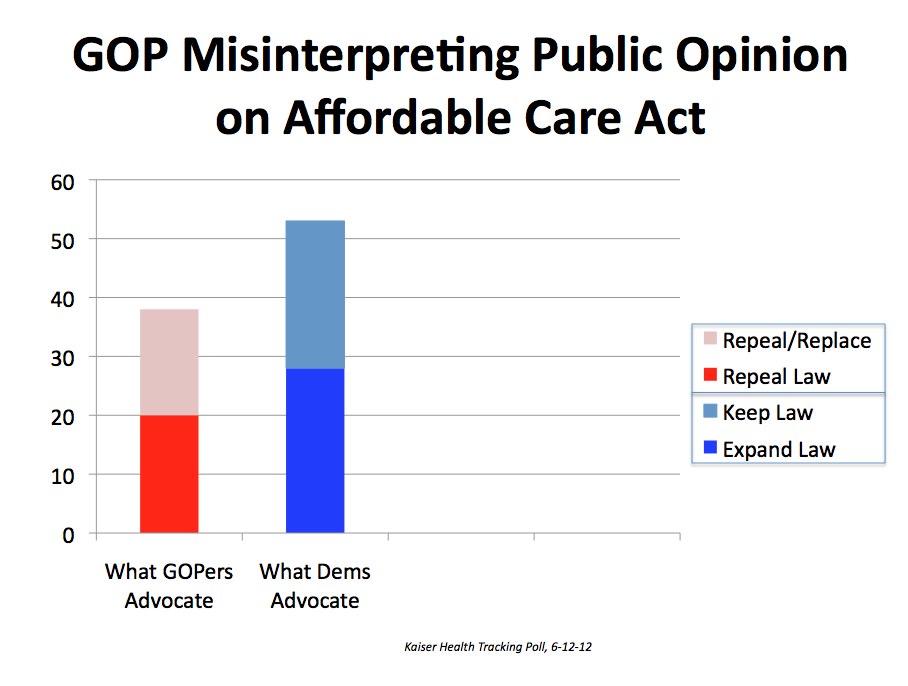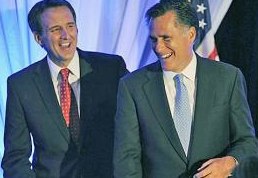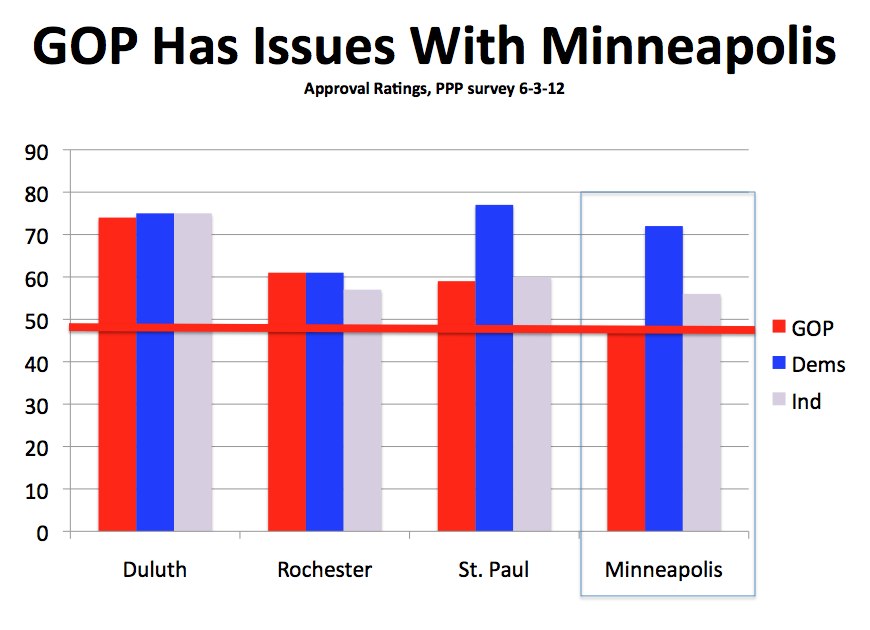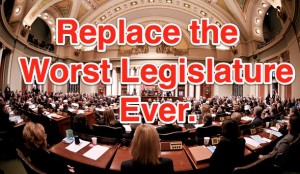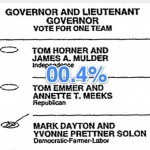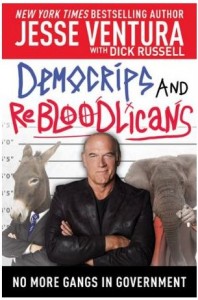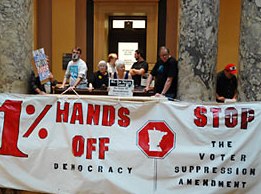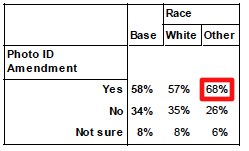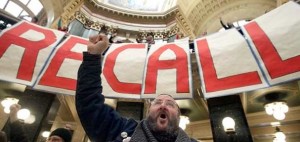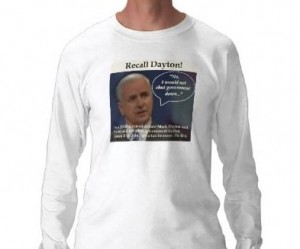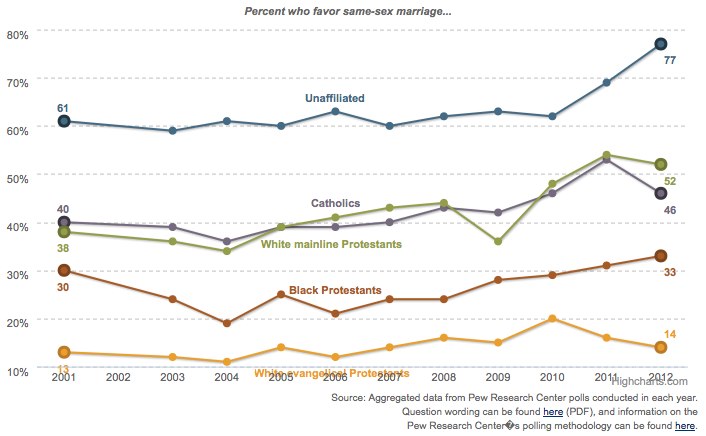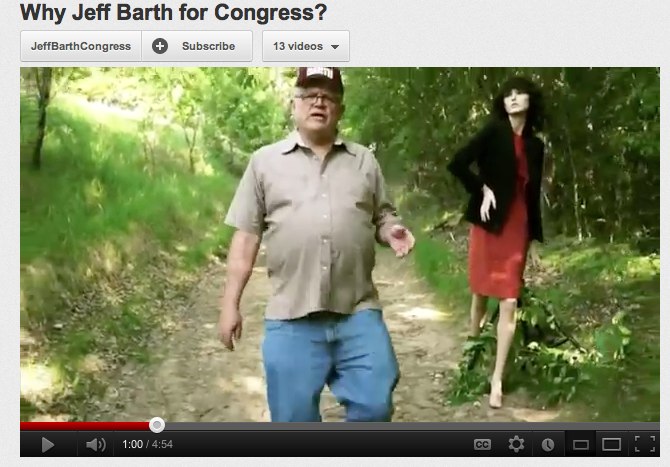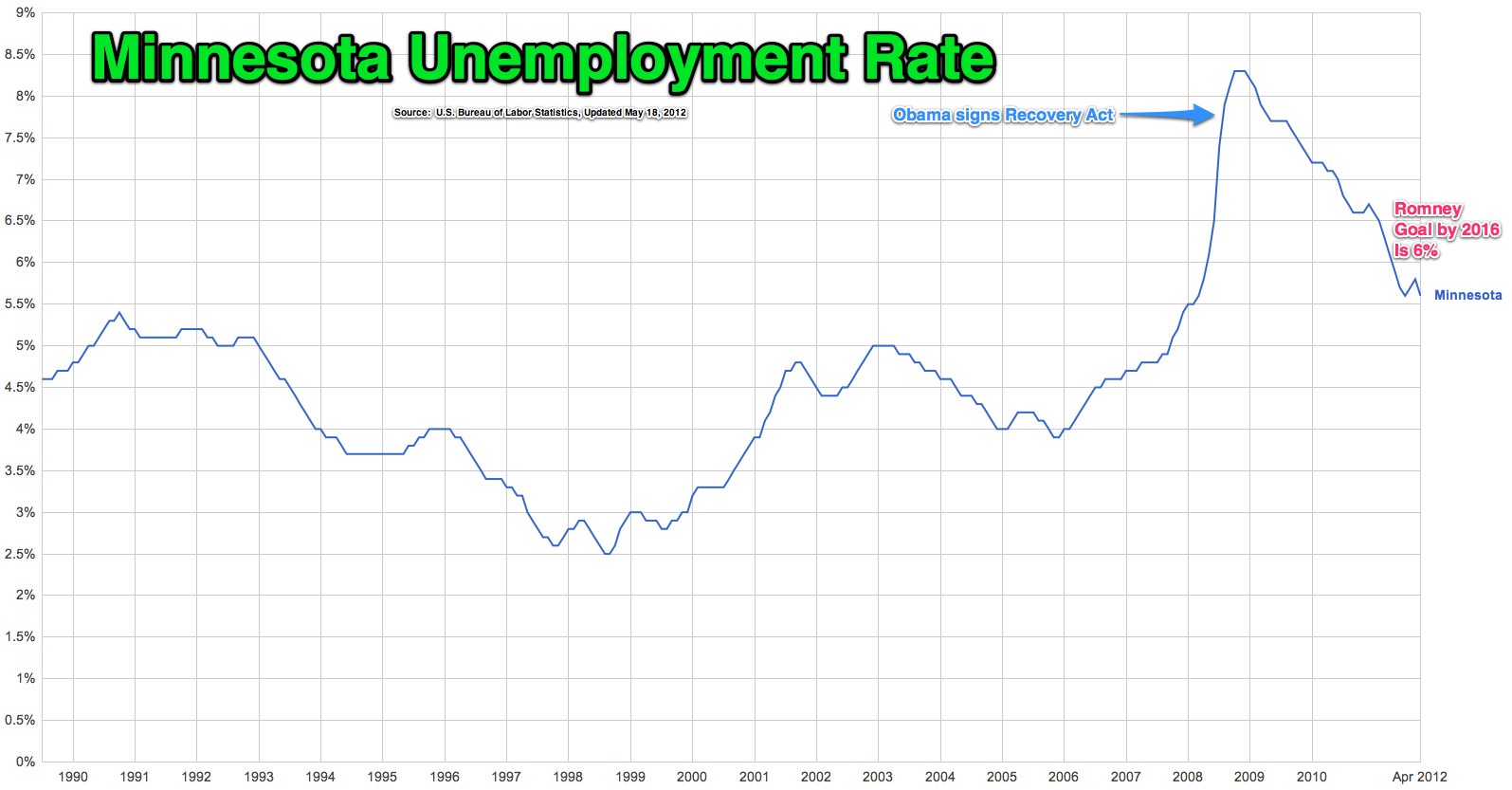When it comes to Obamacare, Minnesota Congressman Michele Bachman could not be more certain that she has public opinion behind her. For instance, in her latest broadside, she signed a letter to all 50 Governors urging them to avoiding implementing Obamacare insurance exchanges to help Americans obtain affordable coverage, Bachman cited an oft repeated myth:
I urge all Governors to let Congress finish the job the American people sent us to do, to fully repeal Obamacare and replace it with common-sense free market solutions.
“…the job the American people sent us to do, to fully repeal Obamacare and replace it…” Whether they are spinning or they actually believe that, they are wrong. This notion that a majority of the American people want the Affordable Care Act repealed or weakened is demonstrably false.
A June 2012 Kaiser Permanente poll is the last latest to show that a majority (53%) either wants to “keep the law as is” (25%) or “expand the law” (28%).
At the same time, only 38% of Americans support what the Republicans propose. The Kaiser poll finds that 18% of Americans said Congress should “repeal the law and replace it with a Republican-sponsored alternative,” and 20% said Congress “repeal the law and not replace it.”
So, yes, a majority doesn’t support the law as is, because so many Americans, myself included, would have liked the law to have been stronger…if there had been congressional will to do so. But it simply is not true that a majority of Americans want to do what the Republicans propose to do to the Affordable Care Act — real it or repeal and replace it.
And so today, for the 30th time, Michele Bachman, John Kline, Erik Paulsen, and Chip Cravaack will vote to repeal the Affordable Care Act. And for the 30th time, they will be dead wrong about the will of the American people.
– Loveland
Note: This post was also featured as part of the “Best of the Blogs” feature in Politics in Minnesota’s Morning Report.

